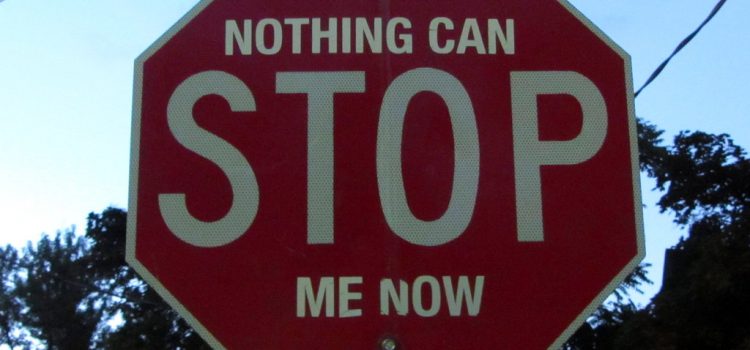

This article is an excerpt from the Shortform book guide to "Poor Charlie's Almanack" by Charles T. Munger. Shortform has the world's best summaries and analyses of books you should be reading.
Like this article? Sign up for a free trial here .
What is the optimism bias? How do you curb unrealistic optimism?
The optimism bias is the tendency to believe that you are less likely to have a negative experience and be overconfident in your chances of experiencing positive events. It is this cognitive bias that fuels gambling. You can control the tendency by habitually using probability maths in your decision-making process.
Read on to learn more about the optimism bias.
What Is the Optimism Bias?
People tend to believe things will work out.
“What a man wishes, that also will he believe.”—Demosthenes
Why It Evolved
Hope spurs action. If you’re optimistic that you’ll survive and a food source is right around the corner, you’ll continue trying to survive. In contrast, a pessimistic depression dampens the very behaviors that would encourage survival.
How It Can Be Harmful
Denial of bad news and over-optimistic ignorance of risk factors leads to poor decision-making.
Examples
People buy lottery tickets and overestimate their chances of winning
Antidotes
To curb the optimism bias, habitually use probability math in your decisions. Your mental heuristics for chance are not adequate, the same way that your intuitive golf grip is nowhere as effective as the unnatural ones now used by professionals.

———End of Preview———
Like what you just read? Read the rest of the world's best book summary and analysis of Charles T. Munger's "Poor Charlie's Almanack" at Shortform .
Here's what you'll find in our full Poor Charlie's Almanack summary :
- A collection of Charlie Munger’s best advice given over 30 years
- Why you need to know what you’re good at and what you’re bad at to make decisions
- Descriptions of the 25 psychological biases that distort how you see the world






